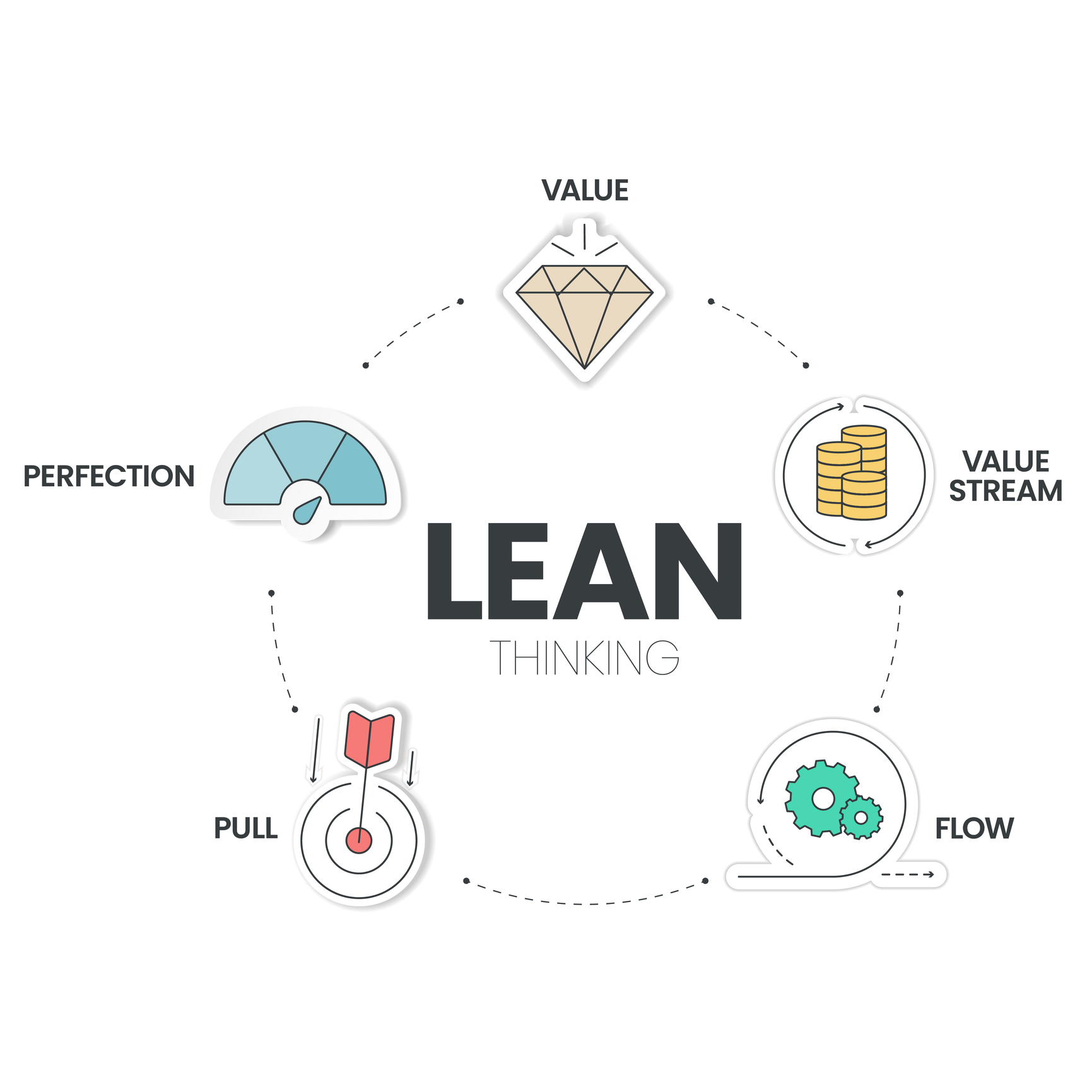Value stream management is an undeniably important tool when it comes to steering away from the use of silos and automating the DevOps process. This is a key reason why Helen Beal, chief ambassador at the DevOps Institute, sees value stream management as the next generation of DevOps.
Jeffrey Keyes, vice president of product at Plutora, recently hosted a webinar with Beal to discuss in detail the reasons behind the DevOps plateau and the ways in which value stream management can help to solve them.
To kick things off, Keyes and Beal discussed some of the most common causes of the DevOps plateau we are seeing become more and more commonplace in the industry. “The core problem with people stagnating and getting stuck with DevOps is that they’re not thinking like value streams. They’ve still got all these handoffs, they still haven’t automated flow,” Beal explained.
Beal attributed much of this stagnation to the organizational culture of each company. According to Beal, many organizations still rely on a system based on individual silos rather than shifting their focus to a more value stream-based approach. This also goes along with some organizations’ tendency to have a technology-first approach to the DevOps process. According to Beal, in reality, the most essential part of DevOps is the people involved in the process. Thus, placing a focus on changing the culture of your organization from silos to value streams, could have a substantial impact.
However, fixing the stagnation some organizations are experiencing with DevOps will not end there. According to Beal, when value stream management is implemented into every aspect of the process, organizations will see a meaningful difference. “What has happened now is that we’ve all learned how to build DevOps toolchains, and now we have value stream management platforms that can access the data in those toolchains and automate things like the value stream maps,” Beal said, speaking with Plutora’s Keyes. “So, you have this resurgence that you and I often refer to as next-generation DevOps, for example.” This next generation of DevOps, in partnership with the automation value stream management offers, can be the key to the problem we are currently seeing in the industry.
This shift towards value stream management as an approach to DevOps is already underway and it is not predicted to slow down in the future. “70% of organizations will use value stream management by 2023… it’s a must-do, not a nice-to-do,” Beal said, when asked about what the industry analysts are saying about the adoption of value stream management. According to Beal, this is something most industry analysts are in agreement with. The transition to value stream management will be the key to getting unstuck in terms of the DevOps process.
According to Beal, adopting value stream management for DevOps will also speed up the process when compared to DevOps using silos. She said, “If we’ve got lots and lots of silos, and people handing stuff off to each other we’ll likely create monoliths and have lots of dependencies between parts of our system which will slow us down.” Utilizing value streams makes it so that these dependencies become visible and makes it easier to manage them as they appear, thus making it easier to manage releases and see the hardships that might come along with them.
In terms of connecting value stream management and DevOps, Beal concluded by discussing her two schools of thought. “One is this concept I have of value stream management being that next generation of DevOps as it helps us unstick some of the problems that we’ve had,” She began, “But, there’s another angle on this where I feel like DevOps is the toolkit for value stream management… you can use DevOps and everything we’ve learned and apply them as a toolkit to unsticking your value stream.”








